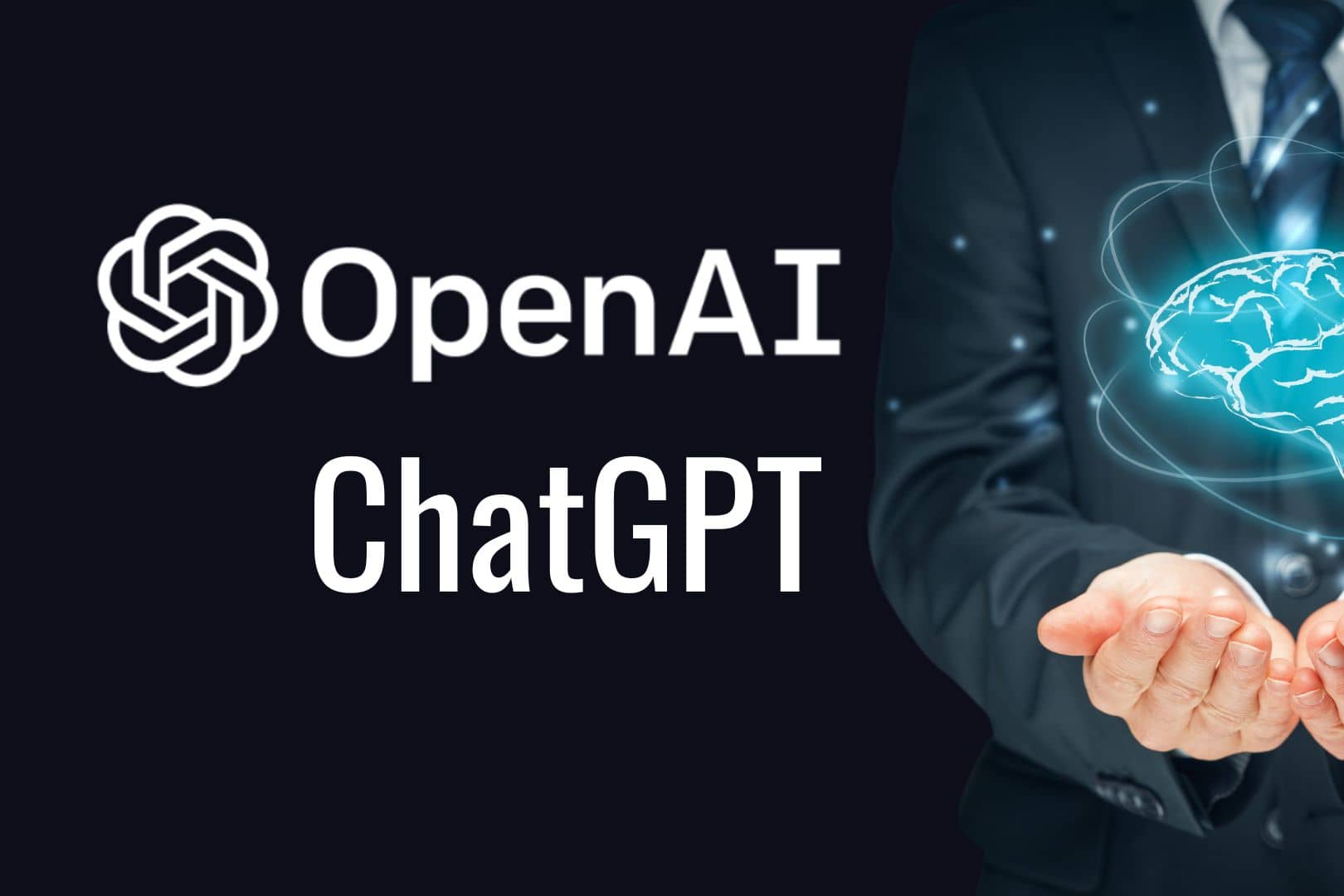Creating Voice Assistants Made Easy: OpenAI's Latest Announcement

Table of Contents
Simplified Development with Pre-trained Models
OpenAI offers pre-trained models for speech recognition (speech-to-text) and text-to-speech, eliminating the need for extensive data collection and model training from scratch. This significantly reduces development time and resources, making the creation of even complex AI voice assistants a much more manageable task. This is a game-changer for individuals and small teams who previously lacked the resources to compete in this rapidly evolving field.
- Access pre-built models through the OpenAI API: The user-friendly API allows seamless integration with your existing applications. No need to build everything from the ground up; leverage the power of OpenAI's existing infrastructure.
- Integrate speech recognition directly into your application: Quickly and efficiently convert spoken words into text, forming the foundational element of any successful voice assistant.
- Utilize high-quality text-to-speech for natural-sounding responses: Create a more engaging and human-like experience for users, leading to higher user satisfaction and engagement. OpenAI's models offer impressive clarity and natural inflection.
- Leverage OpenAI's advanced natural language processing (NLP) capabilities: OpenAI's pre-trained models handle the complexities of natural language understanding, simplifying the development of truly conversational AI.
Enhanced Natural Language Processing (NLP) for Smarter Assistants
OpenAI's improved NLP capabilities allow for more natural and intuitive interactions with voice assistants. The models are better at understanding context, intent, and nuances in human language, leading to more sophisticated conversational AI and a far more user-friendly experience. This means your voice assistant will be able to understand even complex and nuanced requests, leading to a far superior user experience.
- Improved accuracy in understanding user requests: Reduce ambiguity and improve the accuracy of your voice assistant's responses.
- Enhanced context awareness for smoother conversations: Enable your voice assistant to maintain context across multiple turns of dialogue, creating a more natural conversational flow.
- Better handling of complex or ambiguous queries: OpenAI's models are robust enough to handle a wide range of user inputs, even those that are unclear or incomplete.
- Capabilities for intent recognition and entity extraction to power advanced features: Build more intelligent voice assistants that can understand user intentions and extract key information from user requests. This is crucial for creating truly useful and helpful applications.
Cost-Effective and Scalable Solutions
OpenAI's API-based approach offers a cost-effective and scalable solution for developing voice assistants. Developers pay only for the resources they use, eliminating the need for significant upfront investment in infrastructure. This makes voice assistant development accessible to a much wider range of developers, regardless of their budget.
- Pay-as-you-go pricing model reduces development costs: Control your costs and only pay for the computational resources you actually consume.
- Easily scale your voice assistant application to meet growing demand: Expand your application's capacity without needing to invest in additional infrastructure. OpenAI handles the scaling for you.
- Leverage OpenAI's cloud infrastructure for reliable performance: Benefit from OpenAI's robust and reliable infrastructure, ensuring the stability and performance of your voice assistant.
- Access a range of powerful tools without significant capital expenditure: Focus your resources on application development rather than building and maintaining your own infrastructure.
Examples of Easy Voice Assistant Applications
OpenAI's advancements make creating a wide variety of voice-controlled applications significantly easier. Here are some examples:
- Smart home control: Easily integrate your voice assistant with smart home devices, controlling lights, temperature, and other appliances with simple voice commands.
- Voice-activated games: Develop engaging and interactive games controlled entirely by voice commands, creating a unique and immersive user experience.
- Interactive learning tools: Create personalized learning experiences using voice interaction, making education more accessible and engaging.
- Virtual assistants for various platforms: Develop virtual assistants for websites, mobile apps, and other platforms, enhancing user interaction and engagement.
Conclusion
OpenAI's latest advancements have truly democratized the creation of voice assistants. By providing pre-trained models, enhanced NLP capabilities, and a cost-effective platform, OpenAI empowers developers of all levels to build innovative and engaging voice applications. The simplified development process opens up a world of possibilities for integrating voice interactions into various products and services. Start building your own voice assistant today with OpenAI and experience the future of voice technology! Learn more about how to easily create voice assistants using OpenAI’s resources and unlock the potential of conversational AI.

Featured Posts
-
 John Travoltas New Action Film Exclusive High Rollers Poster And Photo Reveal
Apr 24, 2025
John Travoltas New Action Film Exclusive High Rollers Poster And Photo Reveal
Apr 24, 2025 -
 White House Cocaine Secret Service Concludes Investigation
Apr 24, 2025
White House Cocaine Secret Service Concludes Investigation
Apr 24, 2025 -
 O Thanatos Toy Tzin Xakman I Sygkinitiki Anartisi Toy Tzon Travolta
Apr 24, 2025
O Thanatos Toy Tzin Xakman I Sygkinitiki Anartisi Toy Tzon Travolta
Apr 24, 2025 -
 Eu To Discuss Spot Market Ban On Russian Natural Gas
Apr 24, 2025
Eu To Discuss Spot Market Ban On Russian Natural Gas
Apr 24, 2025 -
 Chainalysis Acquires Ai Startup Alterya Expanding Blockchain Capabilities
Apr 24, 2025
Chainalysis Acquires Ai Startup Alterya Expanding Blockchain Capabilities
Apr 24, 2025
